Nov 07
Black History, Anticolonialism and Global Revolutions

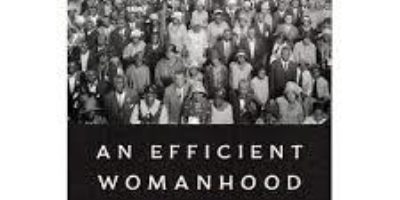
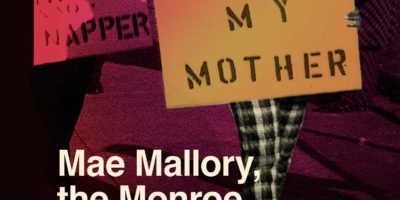
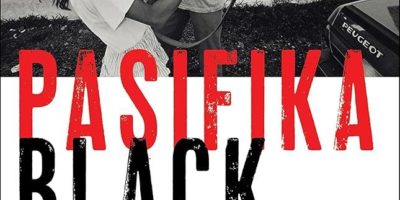
Description
In this online event, four scholars will discuss anti-colonialism and global Black revolutionary struggles. Paula Marie Seniors will talk about the Monroe Defense Committee and internationalist Black women radicals. Quito Swan will discuss the Black Pacific and anti-colonial politics. Natanya Duncan will discuss her work on women in the Universal Negro Improvement association and the formation of Black nationalism and Pan-Africanism. Monique Bedasse will talk about her work on Rastafarianism in Tanzania during the age of decolonization.
Speakers
-
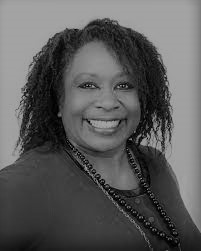
Paula Marie Seniors
Virginia Tech University
Paula Marie Seniors is a Historian, Ethnic Studies Scholar, and Associate Professor of Africana Studies at Virginia Tech University. She is the biographer of Mae Mallory and The Monroe Defense Committee. Her parents Audrey Proctor Seniors and Clarence Henry Seniors founded the Monroe Defense Committee which bound them together with Mae and Pat Mallory as family.
Paula Marie Seniors book, Mae Mallory, The Monroe Defense Committee and World Revolutions: African American Women Radical Activists 1958-1987, was recently published by University of Georgia Press. In it she explores why working class African American women Mae Mallory, Mrs. Ethel Azalea Johnson of the Negroes with Guns Movement, her mother Audrey Proctor Seniors, and Mallory’s daughter Pat Mallory choose radical activism - Maoism, Trotskyism, Cubanismo, and self-defense to promote civil and human rights and justice in the U.S. It explores why they joined revolutionary governments in Tanzania, Grenada, and Nicaragua and linked the struggle for African American civil and human rights to world revolutions.
-

Quito Swan
George Washington University
Quito J. Swan is Professor of Africana Studies and History at The George Washington University. A public facing scholar of Black internationalism and the African Diaspora, he has single authored three books—Pasifika Black: Oceania, Anti-Colonialism and the African World (New York University Press, 2022), Pauulu’s Diaspora: Black Internationalism and Environmental Justice (University Press of Florida, 2020) and Black Power in Bermuda: The Struggle for Decolonization (Palgrave Macmillan, 2010). Pasifika Black received the Association for the Study of African American Life and History’s 2023 Best Book in African American History Award. Pauulu’s Diaspora won the African American Intellectual History Society’s 2022 Pauli Murray Book Prize. Swan’s research has garnered fellowships from the National Endowment for the Humanities, Harvard University’s Radcliffe Institute, the American Council of Learned Societies, the University of Texas-Austin’s Harry Ransom Center, Pennsylvania State University’s Humanities Institute, the Wilson International Center, Australia’s University of Queensland, and the Sasakawa Peace Foundation. He has formerly taught at Indiana University Bloomington, University of Massachusetts Boston, and Howard University. He was an expert witness for the Bermuda Government’s 2020 Commission of Inquiry into Historic Land Losses caused by segregated hotel development in the 1920s and the building of WWII US military bases. Swan’s writings have appeared in journals such as the Radical History Review, the Journal of Civil and Human Rights, and the Journal of African American History. His next book project, Born as a Sufferer (Bloomsbury, 2024), explores Dancehall music’s insurgent soundscapes in the long 1980s.
-
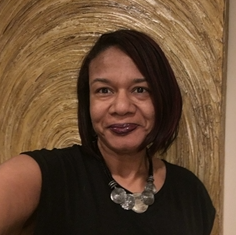
Natanya Duncan
Queens College, CUNY
Natanya Duncan an Associate Professor of History. A historian of the African Diaspora, her research and teaching focuses on global freedom movements of the 20th and 21st Century. Duncan’s research interest includes constructions of identity and nation building amongst women of color; migrations; color and class in Diasporic communities; and the engagements of intellectuals throughout the African Diaspora. Her forthcoming University of Illinois Press book, An Efficient Womanhood: Women and the Making of the Universal Negro Improvement Association, focuses on the distinct activist strategies in-acted by women in the Universal Negro Improvement Association (UNIA), which Duncan calls an efficient womanhood. Following the ways women in the UNIA scripted their own understanding of Pan Africanism, Black Nationalism and constructions of Diasporic Blackness, the work traces the blending of nationalist and gendered concerns amongst known and lesser known Garveyite women.
-

Monique Bedasse
New York University
Professor Bedasse is a historian of Africa and the African diaspora, with a focus on East Africa and the Caribbean. Based on a deep interest in transnational histories, her work moves betwixt and between regions that have traditionally been calcified into separate fields of study. Her interests include the intellectual, political, and social history of decolonization, black internationalism and African diasporic politics.
Her first monograph, Jah Kingdom: Rastafarians, Tanzania, and Pan-Africanism in the age of Decolonization was published by the University of North Carolina Press in 2017. Jah Kingdom is an intellectual, political and social history of how continental Africans from Tanzania and diasporic Africans from Jamaica worked together within the context of anti-colonial struggle. Specifically, it traces how Jamaican Rastafarians sought the ideological and practical realization of repatriation to Africa in post-independence Tanzania. It is a history that reveals both the promise and the limitations of diasporic solidarities and pan-African politics. Jah Kingdom was awarded the American Historical Association’s Wesley-Logan Prize for best book on the African Diaspora, and the Anna Julia Cooper and CLR James Award for best book in Africana Studies from the National Council for Black Studies. A Choice Outstanding Academic title, Jah Kingdom was also a finalist for the Albert Raboteau prize for best book in Africana religions.